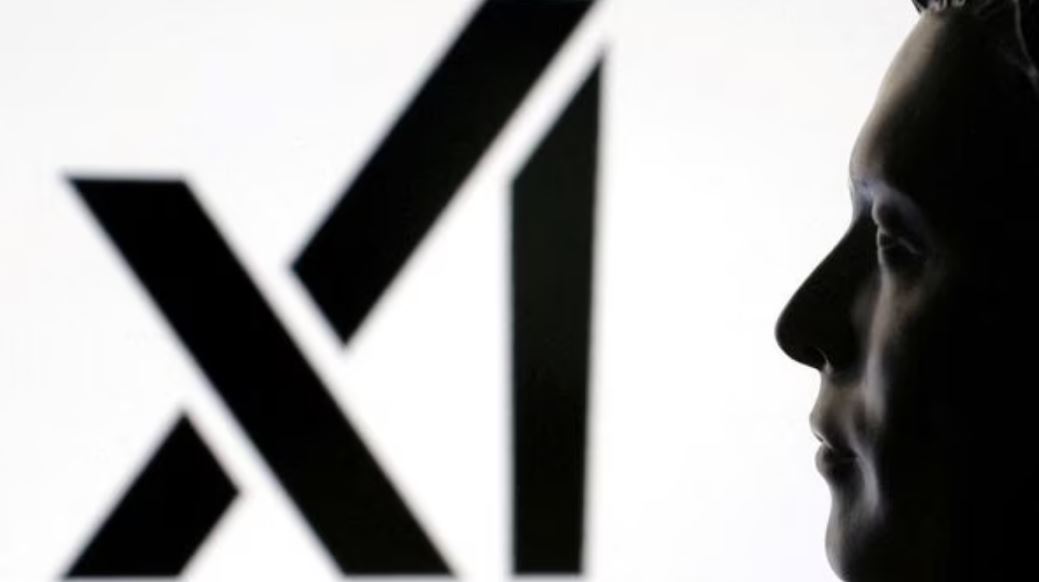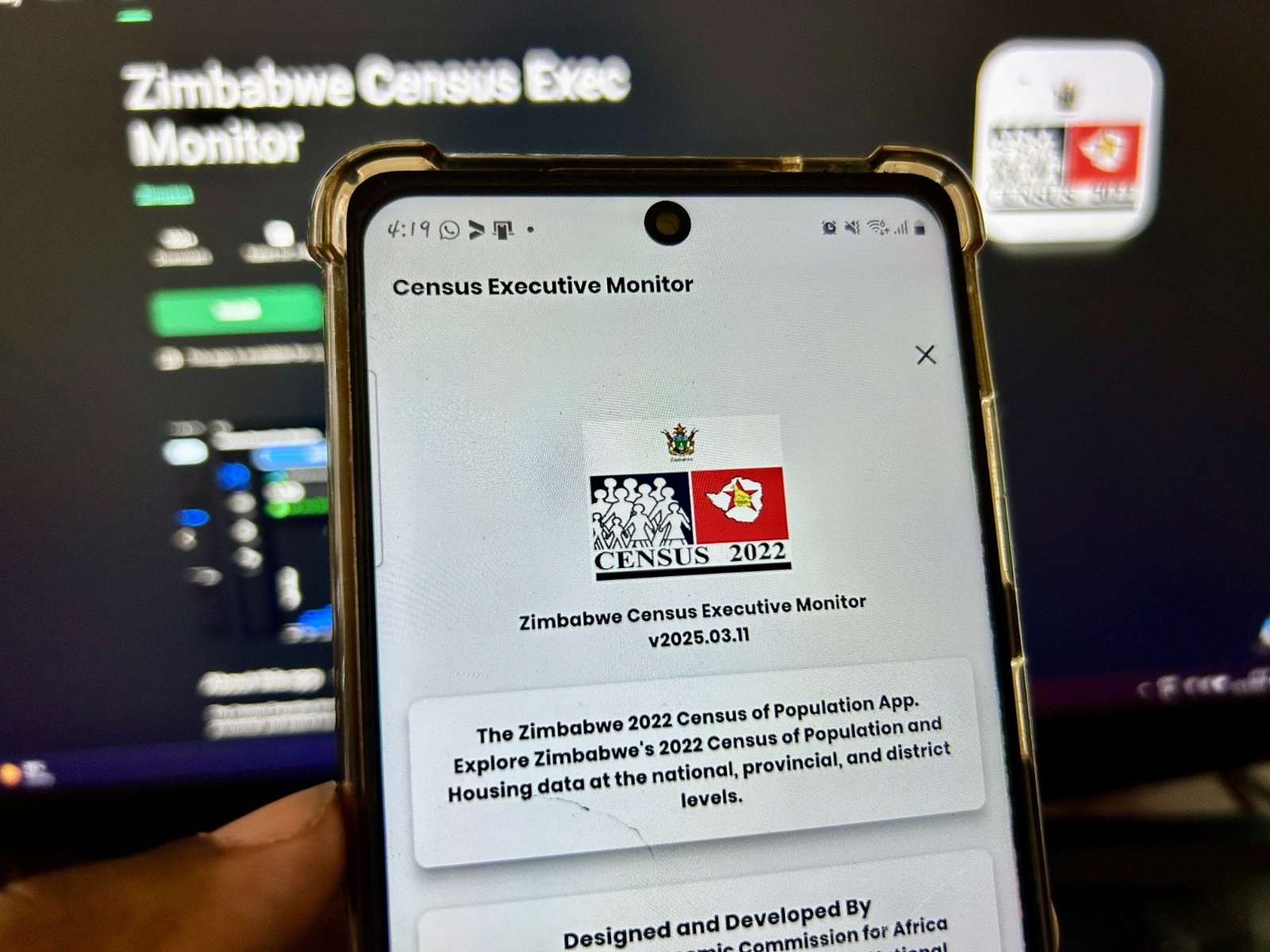Sub-Saharan Africa is the least connected region in the world. GSMA research shows that only 28% of the population used mobile internet in 2020. Lucky for us, there is some investment going into changing that. Unfortunately for us, we aren’t bothered to do it ourselves, instead relying on American companies to step in.
Google says they have a multi-year program to bring cheaper internet access to users across the globe. Pursuing that goal, a subsea cable they own has reached Africa and is set to increase speeds and lower costs.
The cable, called the Equiano, landed in Togo and research predicts it will decrease internet costs in the country by 14%. Whilst creating 37,000 jobs and generating $179 million in GDP for Togo by 2025.
If only Zimbabwe had a coast. Out of 54 African countries, 38 have a sea shore and all but one of them have at least one subsea cable landing. Egypt is the most connected with 15 subsea cables landing.
Google’s Equiano connects to Togo from Portugal. This line will also link to Nigeria, Namibia, and South Africa with more countries to be added. Google says Equiano is the first of its kind to land in Africa.
Not sure why exactly that is but in terms of capacity it will be have 100Tbps when it goes operational later this year. The highest capacity cable currently active on the continent, the EllaLink landing at Cape Verde has a lit capacity of 72Tbps although it has a potential capacity of 200Tbps .
Facebook is also working on its own subsea cables. They are backing the 2Africa cable which will stretch from Europe, around Africa and across the Arabian gulf. It will be the longest cable in the world when completed with a potential capacity of 180Tbps.
Source: Many Possibilities
Africans content with foreigners solving this problem
Don’t get me wrong, there has been a lot of investment by both African govts and private companies. We know the African Development Bank was instrumental in financing the $240 million Main One cable and also contributed to the 90% owned EASSy cable. Back home, Liquid has investments (not full ownership) in six submarine cables around the world.
Facebook is not alone on the 2Africa project, partnering China Mobile International, MTN GlobalConnect, Orange, STC, Telecom Egypt, Vodafone and WIOCC. These partners won’t reveal just how much they are all contributing to the project. Something tells me Facebook and China Mobile may be the big fish there.
The kind of money needed to lay subsea cables is a lot for most companies. However, if African govts collaborated on this infrastructure, it would be a piece of cake. $240 million is nothing in the context of a continent.
If only our leaders saw internet access as a human right and the security threat introduced by reliance on foreign controlled internet infrastructure. They would have used the AU or regional bodies like SADC to organise and raise funds for subsea projects. As a bonus they would be creating jobs and increasing economic activity across the continent.
Right now we have the big tech companies in America slowly taking over this critical internet infrastructure. It’s not just African countries that are sitting on their hands whilst the Americans pour money into this. We saw how even Russia was not as self-sufficient as we thought.
Google, Facebook, Amazon and Microsoft now own or lease nearly half of all undersea bandwidth. Their businesses depend on it but still, govts of the world should not be comfortable with four American companies being that dominant.
Good on Google though
With all that said, I am excited about Google’s Equiana cable landing in Togo. We need all the investment we can get across this continent if we are to improve from only 28% of the population having access to mobile internet.
The other projects like Google’s Project Taara, Facebook’s Terragraph and SpaceX’s Starlink will also help get more Africans online.
If govts are not going to do it, let’s have the American companies step up. At the end of day, when has trust and hope in a govt ever ended in joy? Let’s be realistic and accept the American help chinyararire.














Comments
10 responses
Even if we had a digital Beira corridor to Zimbabwe, our Internet costs would still be high. The high costs are not from the supply chain, but local supplier greed coupled with bad policy. These undersea cables are the types of things POTRAZ should be investing in, instead of CICs.
If you’ve noticed anything in the past 5 yrs is tha,t for some reason, prices never go down, they just increase. I swear to you right now even if fuel and wheat imports become cheaper, the price of bread will never increase. Even if the us dollar loses value, nothing will decrease in price. Even if tarra or telegraph come to zim, they will find a way to make it expensive. Either by doing what they did to ecocash or by just making potraz make a minimum price limit. I know these comrades
POTRAZ does not set the minimum price that service providers can charge, they set the maximum inorder to protect the consumer…
In terms of internet security, that ship has sailed, we just have to enjoy the ride, wherever the USA takes us. Unless we want to reinvent our own internet and our own infrastructure, they reserve the right to cut us off for whatever reason.
THIS CONTINENT OF UNCIVILISED PPLE SHOULD JUST DITCH MORDEN LIFE AN GO BACK TO THE LIFE WE LIVED A THOUSAND YEARS AGO
STRESS FREE!!
POTRAZ IS THE BIGGEST STUMBLING BLOCK TO PROGRESS, 1Gbps in south africa is less than 100USD dedicated. The price of dedicated internet in ZImbabwe is USD300 per 1Mbps. The cost in Zimbabwe is 3000 Times the price of SA. The problem we are facing is more on policy than infrasture.
Our dependence syndrome annoys me
When is 3rd MNO (Mobile Network Operator) who died being replaced by a more viable alternative for competition’s sake that will lead to better service?